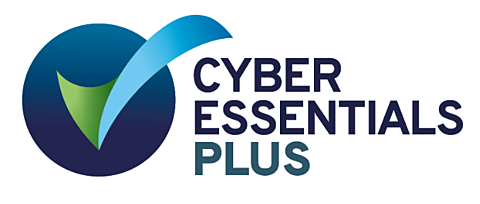Governance: Think cycles, not boxes
13 Dec 2021
The challenge
Governance is becoming better understood, and more clearly defined. It encompasses everything about governing the scheme. But with a busy agenda to manage, trustees can fall into the trap of overlooking the importance of maintaining effective governance review processes. Some may find it a challenge to prevent governance review processes becoming a periodic box-ticking exercise. Trustees must keep their minds open to what is changing around them and for the need to improve governance. Indeed, continuous improvement should be an objective on every trustee board's agenda.
A case in point: our client was approaching a regular review of their DC consultant. They had an excellent relationship with the incumbent, but wanted to ensure that the review process didn't just enshrine the current practice, but challenged the status quo. They wanted to know whether the current arrangements were still right for them.
Muse were appointed to provide independent insight, and to challenge their outlook and approach.
Taking a fresh look
Governance can be viewed as a compendium of processes and controls to manage risk, and ensure effective operation of the pension scheme. Taking this view alone, it is easy to see how review processes could just as easily enshrine poor practice, as encourage good practice.
Any review process should challenge the status quo, but after many years with one consultant this becomes hard to do. Relationships are strong, ways of working understood, and advice and consultant views are familiar.
Our challenge was to help the client consider objectively what they required from their consultant, both now and for the foreseeable future. Through discussion with key stakeholders we built and agreed a profile of the Trustee's ideal consultant.
With a clear profile of knowledge, experience, skills and other attributes, the Trustees were then able to challenge whether the incumbent was genuinely capable of providing the right services, in the right way and at the right price and to meet their expected future needs.
Effective governance
A sound review process should not create change for the sake of change, but ensure that the status quo is constructively challenged. That is one way to pursue continuous improvement and avoid becoming trapped in a box-ticking cycle. All aspects of governance are worthy of periodic review, whether that concerns the trustees' collective effectiveness, their ways of working, the risk management framework, operational controls, service providers, professional advisers and so forth. A cycle of purposeful reviews enables governance arrangements to evolve over time, thereby avoiding the pain of wholesale change when the demands of governance have moved on but governance practices have not.
Key learnings
- At the beginning of any governance process, do challenge whether it will be worthwhile and truly challenge the status quo.
- Setting out your requirements and criteria are useful tools to challenge ways of thinking at the outset.
- Good governance is not about change for change's sake, but unquestioningly enshrining the status quo would certainly be poor governance.


